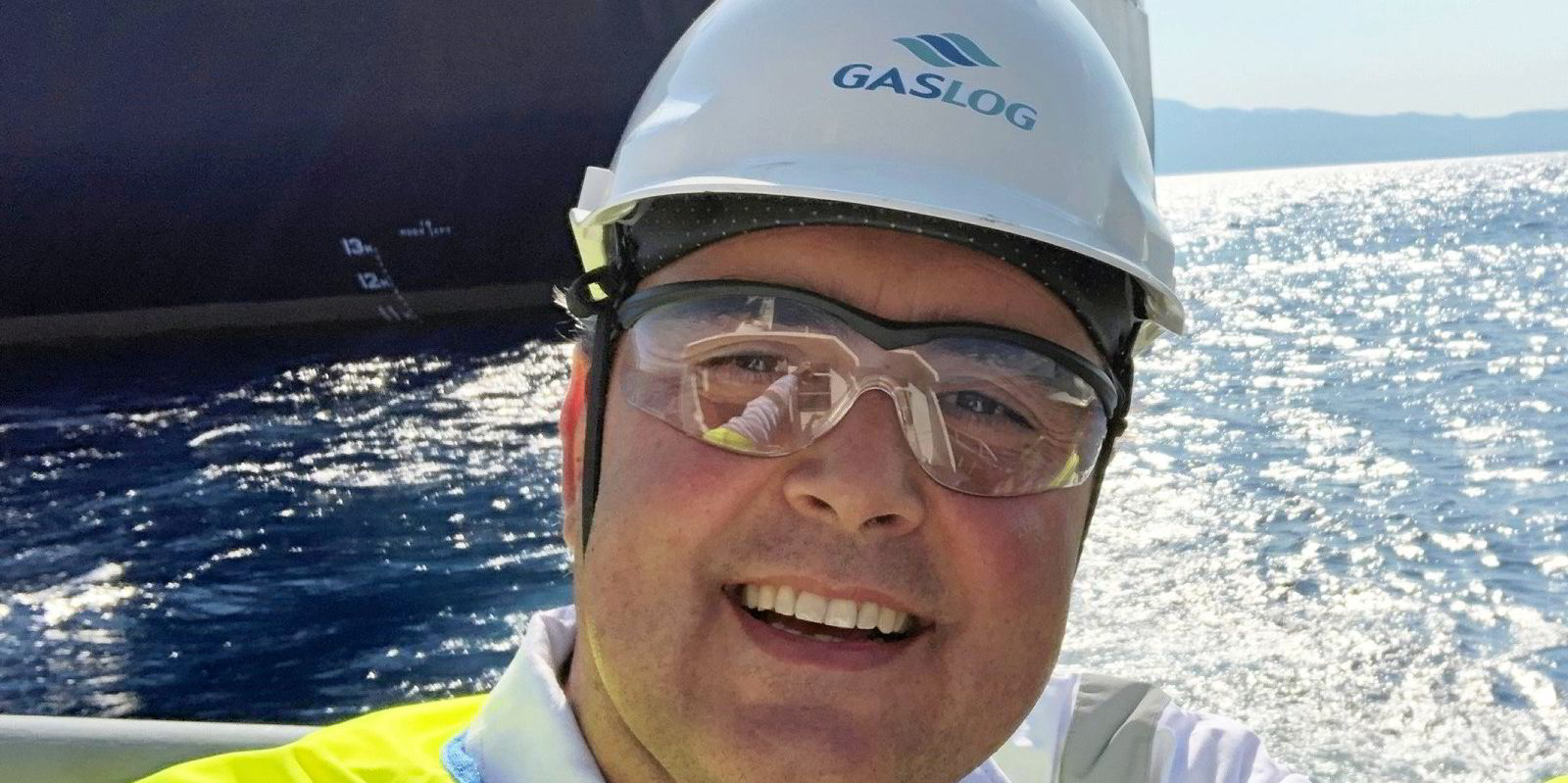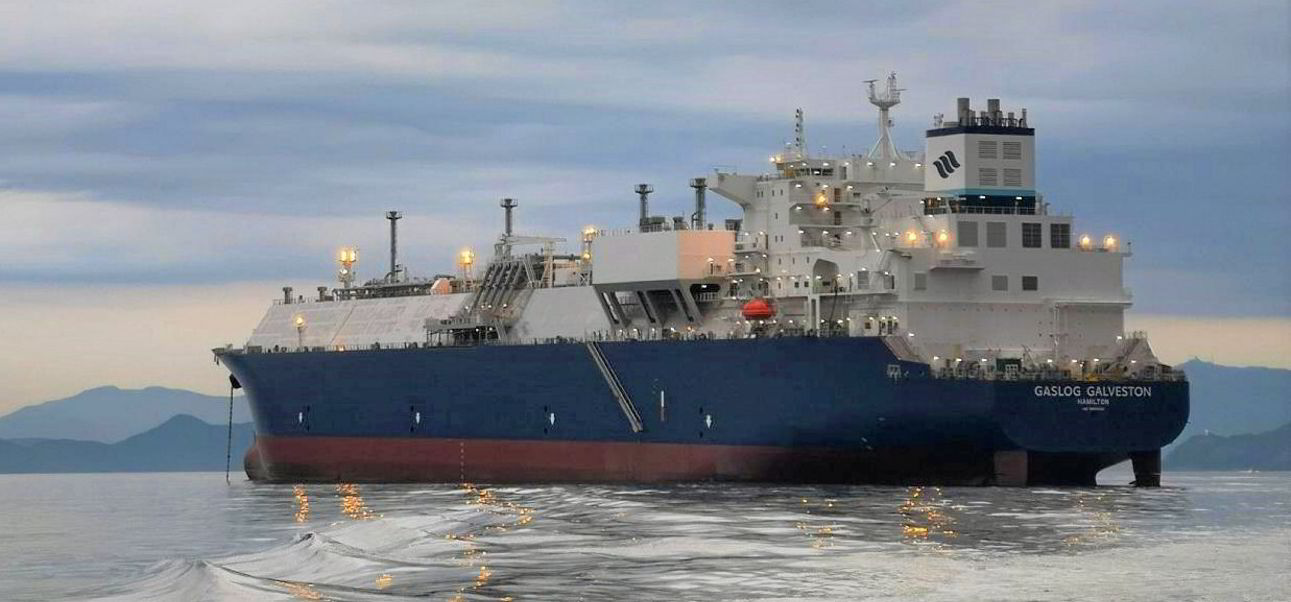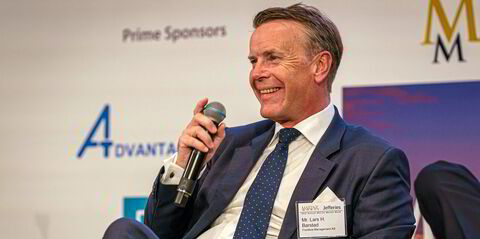Unfortunately, it is not simple to answer such a question having to work with fragmented and ever-changing regulations. We see three layers of decarbonisation: energy conservation and optimisation of the existing fleet, net-zero fuels and technology and fleet development.
We are planning actions on all fronts as we phase in an emissions monitoring project that we have been working on with Cheniere Energy as well as investing in advancing upgrades to our performance and voyage management platforms.
This article is one of more than three dozen contributions from shipping industry stakeholders about their outlook for decarbonisation efforts in the year ahead. We asked shipowners, managers, financial professionals, technology providers and more about their own efforts to address greenhouse gas emissions in 2022 and what they hope to happen in the industry this year.
The latter is particularly important as it allows us to build intelligence on the trading patterns of our ships so that we can have sensible discussions with our charterers around the efficient use of our vessels.
On the longer-term decarbonisation challenge, our team will continue to develop vessel-specific decarbonisation plans, develop collaboration opportunities in the areas of fuel-cells, carbon capture, and low- or zero-carbon fuel use, and continue our industry collaboration via various forums and coalitions.
Every year that passes without a common industry-wide, long-term ambition is a missed opportunity that results in further fragmentation of regulation and delays the introduction of scalable zero or low-emission fuels.

First and foremost, we need a common target and we believe it should be 2050 net zero, as articulated well in the Global Maritime Forum's Getting to Zero Coalition's Call to Action.
Secondly, we need to prioritise activities that will support the introduction of net-zero solutions: incentivise early adopters, support common and shared technology developments, and provide a fair transition path for owners and charterers where the burden of decarbonisation will be shared.
To achieve a level playing field, we believe the industry will need to introduce market-based measures.
Thirdly, we need to see an acceleration in the adoption of emissions accounting on a lifecycle basis.
What we have is a climate challenge — and a common taxonomy on well-to-wake emissions accounting will allow us all to have a common baseline against which options are evaluated.
Finally, to support the transition, we need to see a clear, transparent and unanimous regulatory regime for the years to come so that owners have the confidence to make these investments.





